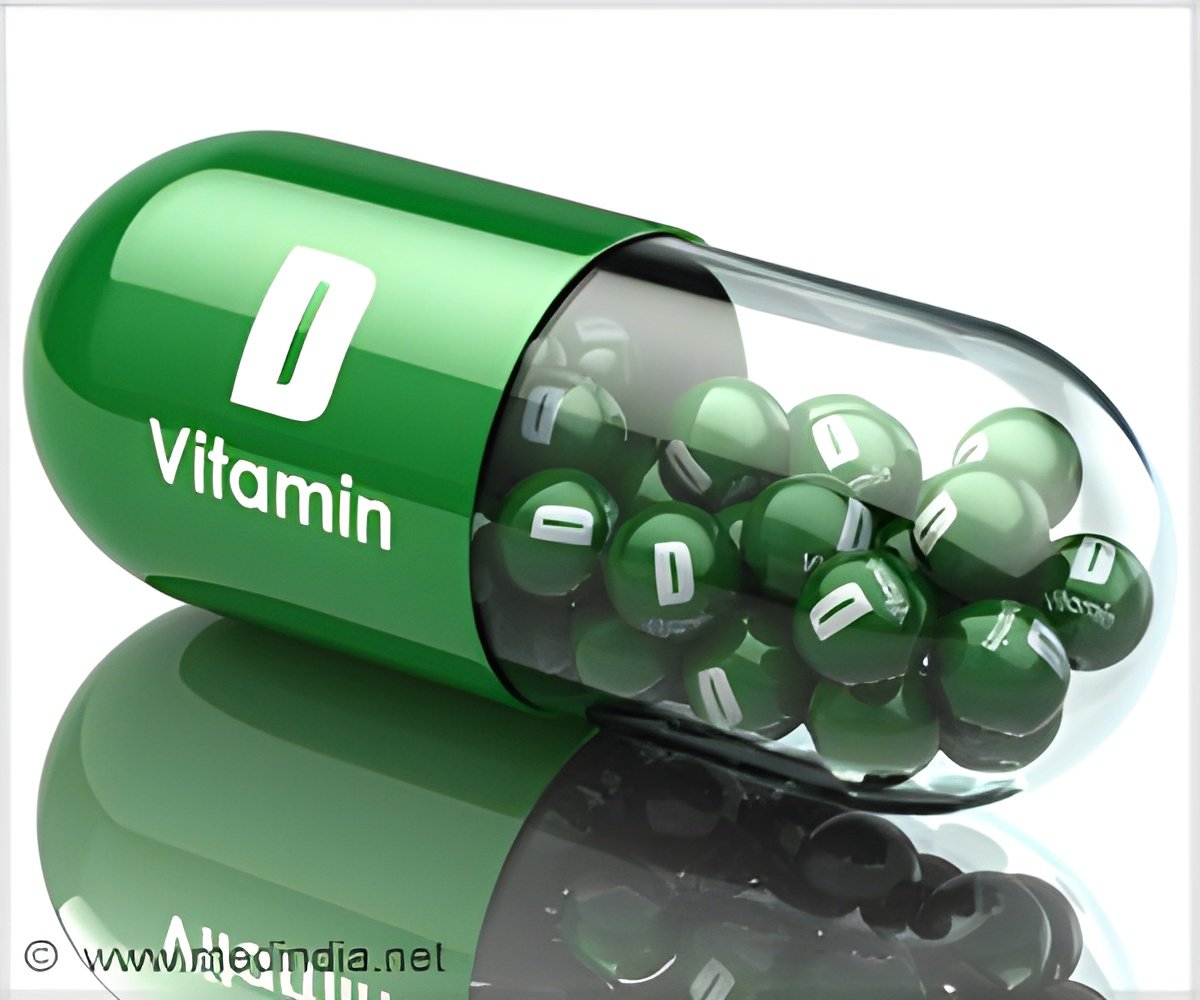New study identifies vitamin D deficiency, smoking, high body mass index, osteoporosis, as key causes of increased degeneration and pain and documents the high prevalence of vitamin D deficiency in postmenopausal women.

‘Menopausal women should take vitamin D supplementation regularly. It helps to prevent bone diseases such as osteoporosis, lower back pain and improve musculoskeletal strength.’
Read More..




In addition to lower estrogen concentrations, vitamin D deficiency is common during the postmenopause period.Read More..
Vitamin D is critical in maintaining levels of calcium and phosphorus, helping to prevent bone diseases such as rickets and osteoporosis.
Recent studies have shown that vitamin D deficiency is associated with lower back pain and that supplementation can relieve this pain and improve musculoskeletal strength. But few studies have been conducted regarding the role of vitamin D in spinal degeneration, especially in postmenopausal women.
This new study evaluated vitamin D status in postmenopausal women and its relationship with disc degeneration and lower back pain.
It concluded that vitamin D deficiency is highly prevalent in postmenopausal women and that a serum concentration of vitamin D less than 10 ng/mL, indicating severe deficiency, should be considered an indicator of severe disc degeneration and lower back pain.
Advertisement
Study results appear in the article "Does vitamin D status influence lumbar disc degeneration and low back pain in postmenopausal women? A retrospective, single-center study."
Advertisement
Although not all women need vitamin D supplementation, this speaks to the importance of avoiding severe vitamin D deficiency states," says Dr. Stephanie Faubion, NAMS medical director.
Source-Eurekalert












